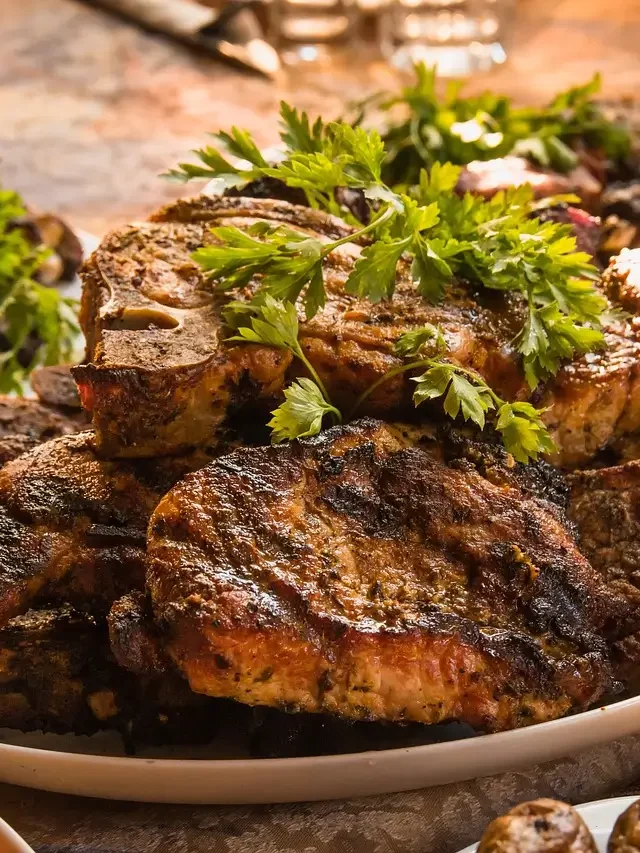Emotional eating has become a common occurrence, more and more people are going on a diet and taking supplements, and most of them are trying to lose weight. But, what if you are on a diet and you still can’t seem to stop eating? It’s not their fault, but sometimes it is difficult to control your emotions. You can’t just sit there and eat all the desserts you want, or even eat all the food out of the fridge, but it is a hard thing to stop when you are on a diet.
You know you’re on a diet when you’re reading a recipe and trying to figure out what the heck it is! I’m still struggling with that one. I’ve stopped calorie counting and now I’m on a mostly-keto diet. But when I have to bake a cake that’s not keto I feel like I’m cheating.

Is emotional eating getting in the way of your keto diet?
Learning how to stop emotional eating is often sought out when food is regularly used to suppress or soothe negative feelings like stress, anxiety, loneliness, sadness, fear, and anger. The root of emotional eating often stems from deeper issues such as major life events, depression, work, and financial stressors, relationship conflicts, and chronic health issues.
In fact, almost 40% of adults reported overeating or consuming junk food in response to stress.

Now, let me start by saying that everyone eats for reasons outside of pure hunger, which, on occasion, is completely normal and acceptable behavior. However, when eating becomes your primary way to cope with uncomfortable emotions, this can result in a roller-coaster ride of addictive behaviors. And what’s worse, you’re left with your original emotion plus the added feelings of guilt, regret, and shame—a very vicious cycle.
I’ve outlined some ways to identify and how to stop emotional eating so you can stay on track and feel your best!
What’s the difference between physical and emotional hunger?
Physical Hunger:
- Comes on gradually
- You desire a variety of foods
- You’re able to sense feelings of fullness and satisfaction
- You’re more mindful and aware when eating
- Doesn’t leave you with negative emotions after eating
Emotional Hunger:
- Comes on suddenly
- Creates strong cravings for comfort foods (often sugary sweets and starchy foods)
- Leaves a lack of satisfaction even when physically full
- Leads to mindless eating (i.e. eating a full bag of chips or box of cookies while watching a show)
- Leaves you with negative feelings like regret, guilt, and shame
Tips on how to stop emotional eating

1. Practice mindful eating.
Mindful eating is a practice to help you develop an awareness of your eating habits and identify triggers that may lead to emotional eating. Mindfulness means being in the present moment, with acceptance, but without judgment. By practicing mindful eating, one can better differentiate between physical and emotional hunger, allowing for heightened awareness to search for other ways to cope with your emotions.
Here are a few tips to practice mindful eating:
- Avoid eating with distractions. Turn off the television, put the phone down, and don’t eat in the car.
- Eat at the kitchen table. Avoid eating on the couch or while in bed.
- Don’t rush your meal. Slowing down will allow the signals to get to your brain before you overeat.
- Pump the breaks. Try to stop eating before you are full. Though you may have been told this, you don’t have to clean your plate.
- Take smaller bites. Pay attention to how the food tastes and feels in your mouth.
- Wait a few minutes. If you feel a sudden urge to eat, take a deep breath, drink a tall glass of water, and set a timer for 10 minutes. This will give you time to assess your emotions and make an alternative plan.
- Give those appetite signals some time. After you’re finished eating, allow 15-20 minutes to determine if you’re still truly hungry before opting for seconds or adding a dessert.

2. Identify your triggers.
Think about the times when you emotionally eat. How were you feeling? What happened just before you began eating? Does it coincide with a specific time of day? Consider starting a journal or taking notes of when you eat outside of a healthy meal/snack or overindulge in unhealthy foods. By identifying your personal triggers, you can then come up with alternative strategies to cope.
Some healthy coping strategies include:
- Have a support buddy you can call to talk through your emotions.
- Write down your thoughts and feelings in a journal before diving into food.
- Practice deep breathing exercises to de-stress and clear the mind.
- Take up guided meditation, as it’s been studied to be an effective tool to help with emotional eating. My favorite apps are Headspace and Calm.
- Move your body with exercise, yoga, or go for a simple walk.
- Reading a book may help to get your mind off the emotion. Consider reading something inspiring and motivating.

3. Toss the temptation.
Make your trigger foods inconvenient. Don’t think that stashing them in a secret cupboard (or hiding them in the garage) will do… get rid of them entirely. The less convenient they are to get, the more time you can work through the emotion. Keep lots of keto snack options available so that you don’t get tempted by other junks.

4. Don’t punish yourself.
This is important. Often, when a person overindulges and has a hard time learning how to stop emotional eating, they’re left with the added feelings of guilt, shame, and regret. This can sometimes lead to food restriction to try and rectify the behavior with starvation, turning into a terrible cycle of restricting and overeating.
If you overeat, do NOT punish yourself with starvation. Resume regular meals and eat if you are physically hungry, regardless if you over-ate a few hours earlier, or even the day before.
5. Consider time-restricted eating.
Time-restricted eating is when you limit your eating within a particular window of time each day. For example, consuming all of your meals between the hours of 10 am to 6 pm, which provides an 8-hour eating window, followed by 16 hours of fasting. If this is overwhelming, try a 10-hour eating window (8 am-6 pm) with a 14-hour fast.
Planning your meal schedule ahead can help to eliminate sporadic eating and late-night munching. Consider apps like Zero, which can help you to keep track of the eating and fasting window.

6. Pay attention to sleep.
Poor sleep can affect certain appetite hormones (ghrelin and leptin) that result in increased hunger and cravings throughout the day making it very difficult to cope and stop emotional eating. Practice good sleeping habits like going to bed early, keeping the temperature cool, and turning off the screens, and consider some soothing sounds or white noise to drown out distractions.
How does the keto diet factor into this?
Unlike other traditional diets that often leave you feeling hungry and unsatisfied, a healthy ketogenic diet will do just the opposite! Keto has shown to help to suppress hunger and appetite, which, in turn, can help to reduce those intense cravings that trigger emotional eating.
Also, carbohydrate-rich diets have a larger effect on our appetite hormones (insulin, leptin, ghrelin), resulting in a roller-coaster ride of spikes and dips in blood sugar. These fluctuations can lead to significant shifts in hunger, even shortly after eating. Keto helps to normalize these hormones leveling out the track, and, in turn, our appetite.
In fact, people who follow a keto diet often report feeling a greater sense of control over their hunger and more in-tune with their true appetite. Even better, some studies suggest that a keto diet may have an anti-depressant effect and may be considered as a potential intervention for certain mood disorders.

Seek out healthy ways to cope with emotions.
Everyone eats for reasons outside of hunger on occasion, but when food is used to cope with uncomfortable feelings, this can lead to unhealthy behaviors. If you feel you cannot gain control and embrace tactics on how to stop emotional eating on your own, please reach out to your doctor for help.
How do I stop emotional eating?
The best way to stop emotional eating is to identify the triggers that cause you to eat. Once you know what causes your emotional eating, you can find ways to avoid those triggers.
How do I stop being hungry on keto?
The ketogenic diet is a high-fat, moderate-protein, low-carb diet. It’s not uncommon to feel hungry on this type of diet. If you’re feeling hungry, try adding more fat to your meals and snacks. You can also try adding more protein or carbs to your meals and snacks.
Does keto make you emotional?
Keto can make you feel a little more emotional than usual. This is because keto is a very restrictive diet and it can be difficult to maintain. It’s also not the most sustainable diet, so it’s easy to get frustrated when you don’t see results as quickly as you want them. What are some of the benefits of keto?
What are main benefits of keto diet?
The main benefit of keto is that it helps with weight loss and fat burning. It also helps with blood sugar control and can help with some mental health issues. What are some of the side effects of keto? The main side effect of keto is that it can make you feel tired and lethargic. It can also cause constipation, bad breath, and headaches.
Related Tags:
Feedback, how to search, emotional eating, emotional eating on keto diet





